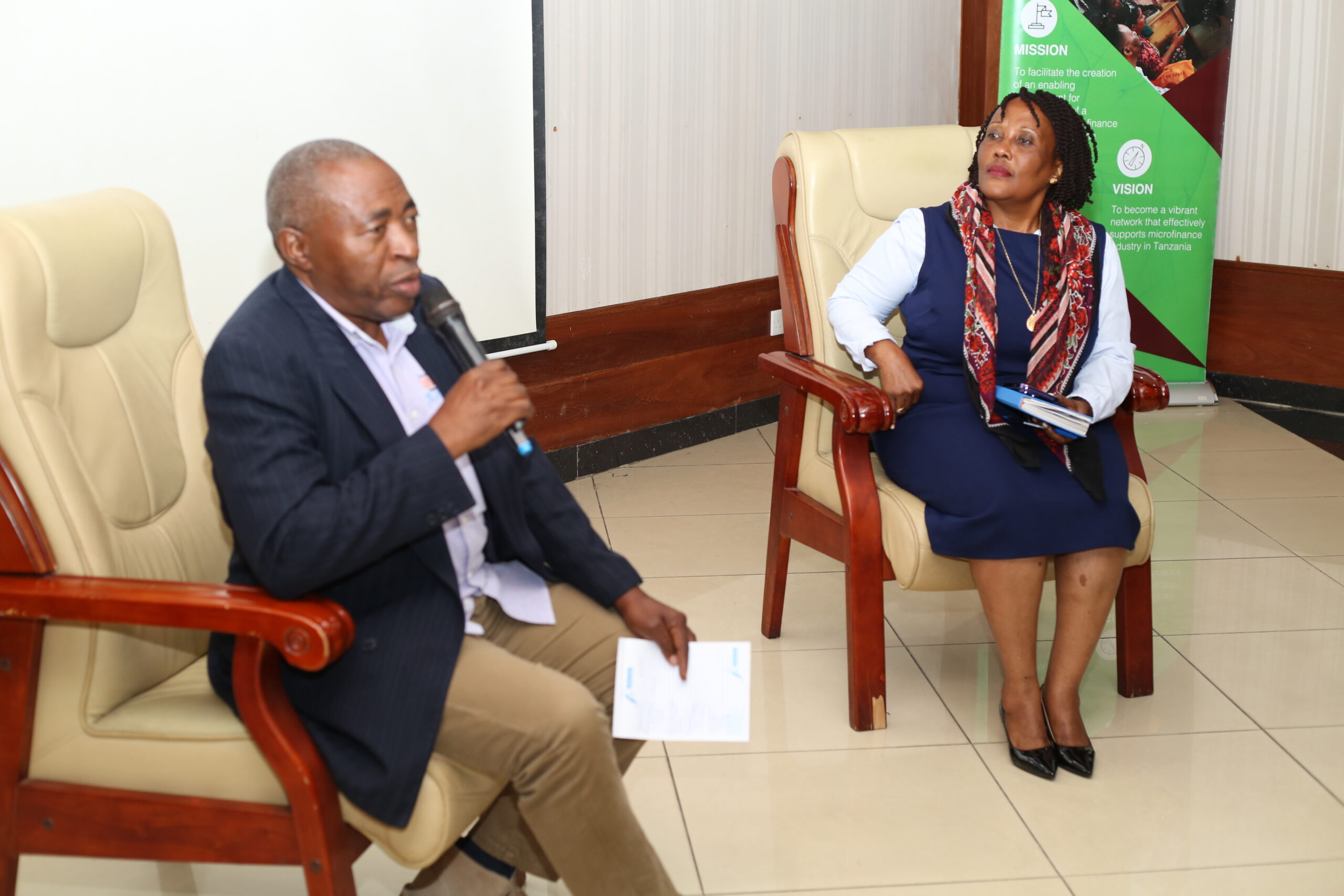By Neema Munisi
In Tanzania, agriculture is more than just an occupation—it’s our heritage, culture, and way of life—the recent announcement of the strategic collaboration between the Tanzania Association of Microfinance Institutions (TAMFI) and the Tanzania Renewable Energy Association (TAREA) holds profound implications. As an agribusiness consultant with deep roots in Tanzanian soil, I recognize this partnership as not just another headline but a transformative tide, ready to sweep across our fields and farms.
Agriculture and energy: these might seem like two distinct threads, but they’re intricately interwoven, shaping the tapestry of Tanzania’s socio-economic landscape. The joining of microfinance and renewable energy serves as a beacon, illuminating the potential of a future where agriculture isn’t shackled by energy constraints but propelled by the boundless promise of the sun, wind, and water.
Let’s delve into the multifaceted impact of this alliance on Tanzania’s agribusiness sector:
Sustainable Farming Operations: Traditional farming practices have long depended on the whims of nature. The unpredictable climatic patterns often leave our farmers anxious about their next harvest. Enter renewable energy. Imagine farms across Tanzania harnessing the sun’s energy to power their operations. Solar panels, besides large plantations, could cater to small patches of farmland, ensuring uninterrupted energy supply. Such decentralization means that even the most remote farms can reap the benefits of modern energy.
Revolutionizing Post-Harvest Management: Every year, a staggering amount of our agricultural yield is lost after harvest, a consequence of inadequate storage and processing facilities. Solar-powered refrigeration systems and storage solutions, like those emphasized by E-LICO Foundation, can dramatically curtail this wastage. This means more produce reaching the markets, better prices for our farmers, and a surge in Tanzania’s agri-exports.
The Smallholder Farmer’s Renaissance: The genius of this collaboration lies in its inclusivity. By introducing microfinance into the equation, we’re democratizing access to renewable energy. No longer are such innovations exclusive to the elite or large-scale farmers. A smallholder farmer in a remote village can now dream of powering his or her operations sustainably, thanks to financial solutions tailored for them.
Skills for the Future: As we stand at the cusp of this green revolution, we must acknowledge the immense potential it holds for job creation. Institutions like Don Bosco Training Center are pivotal in this context. With courses centered around solar energy, they’re shaping a workforce ready to drive and sustain this transformation. This isn’t just about creating jobs but about sculpting careers, giving our youth a purpose-driven direction.
A Thriving Agro-Economy: With a consistent and renewable energy supply, our agricultural output can soar. It’s a simple equation: more energy equates to more efficient farms, which in turn leads to greater yield. This surge in production can reposition Tanzania on the global agribusiness map, opening doors to international markets and fostering trade relations.
Harmonizing with Nature: Tanzania boasts of its breathtaking biodiversity. However, traditional agricultural practices, especially those that are energy-intensive, can strain our ecosystems. Renewable energy is a step towards more eco-friendly farming, ensuring that as we cultivate our lands, we also preserve their innate beauty and biodiversity.
A Model for Africa: By championing this unique amalgamation of finance and renewable energy in agriculture, Tanzania has the potential to be a model for the continent. Other African nations, facing similar challenges, could draw inspiration and replicate such models, setting the stage for a pan-African green revolution.
In conclusion, the alliance between TAMFI and TAREA isn’t just a union of two organizations; it’s a visionary merger of tradition with innovation, of the past with the future. As Tanzania’s agribusiness landscape stands on the threshold of this transformation, I am filled with hope and pride. We’re not just sowing seeds for the next harvest but planting the foundations for generations to come.
Here’s to a future where our fields, nurtured by centuries-old wisdom, flourish under the gentle caress of modern renewable energy. Every Tanzanian farmer, with the sun on their face and wind at their back, strides forward with confidence into a brighter, greener tomorrow.
Neema Munisi
Agribusiness Gender Specialist and Community Economic Development Specialist
